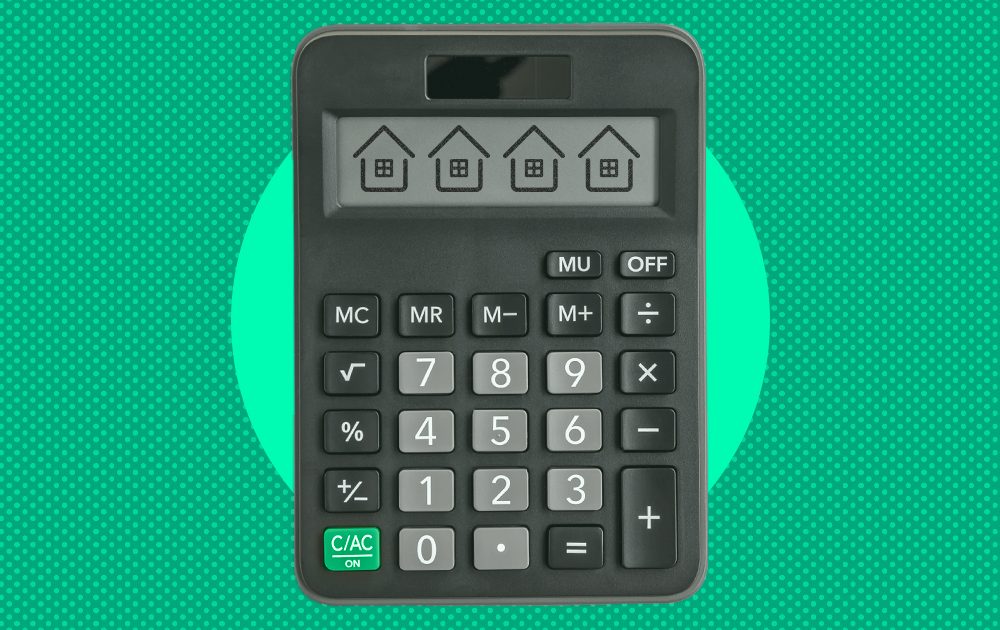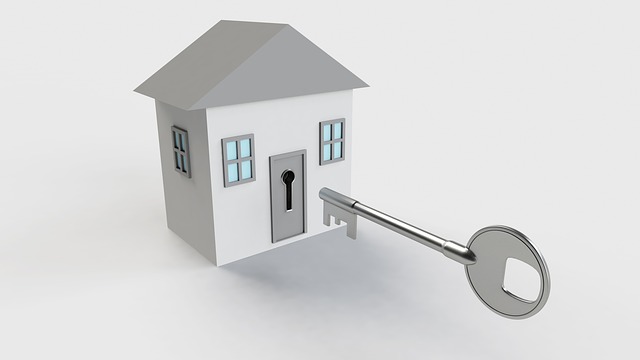
It is important to consider several factors when comparing 30-year mortgage rates. Those factors include the amount of your down payment, the type of loan, and your credit score. Don't forget about the fees and costs associated with the application.
Interest rates on 30-year mortgages are higher than those on 15-year mortgages
Contrary 15-year mortgages with higher interest rates, 30 year mortgages will have higher total payments over the term. The average fixed rate 30-year mortgage rate currently stands at 3.75%, according to a Bankrate survey. This is higher than the 2020 historic low of 2.92%. By contrast, the average 15-year mortgage rate is 2.92%.
While the interest rates on 30 year mortgages are higher, the longer loan term may save you more money in the long run. In other words, if your monthly payments are shorter, you might be able faster to pay off your mortgage. You also have more time to save money for other expenses with a 30-year mortgage.
Down payment
A 20% downpayment on a 30-year mortgage is a great way to get many benefits. This not only lowers your monthly mortgage payment but also shows you are serious about buying a property. A rational person wouldn't put money into a property that they might lose in the face of economic hardship.

When considering the down payment on your mortgage, it is important to consider the size of your savings. For most mortgages, a minimum of 3% is required. However, you can pay as high as 20%. Your specific situation will determine the amount you can put down. A down payment calculator can help you figure out how much you can save each month.
Type of loan
When you're shopping for a 30-year mortgage, it's important to compare rates from different lenders. Rates will vary from one lender to the next depending on your credit score and down payment amount. Finding the lowest rates can help you save thousands over the course of the loan's life. Look around and make sure to check the websites of each firm for any new information.
Mortgage rates can change daily. The Federal Reserve increased rates for the 4th time this year. It is the most recent increase in nearly 30 years. There are other factors that can affect mortgage rates. According to the most recent data, the average 30-year mortgage rate increased 0.09 percentage point on September 14. Although home prices may not be rising as rapidly in recent times, mortgage rates might remain high enough to meet the needs of average buyers.
Credit score
It is important to consider your credit score when comparing 30-year mortgage rates. An algorithm assigns numerical values and calculates your credit score. A lower credit score is based on late payments, non-payment and other bad behavior. Positive behavior and timely payments will result in a higher credit score. In other words, your credit score tells lenders how responsible you are and can affect your interest rate.
Lenders base mortgage interest rates on borrowers' FICO scores. Before you apply for a mortgage, it is important to check your credit score. This service is offered by most financial institutions for no cost. Lenders prefer to see credit utilization ratios of 30 percent and less. Another important factor to consider is your payment history. Your payment history contributes 35 percent to your credit score. Late payments will remain on your credit report for seven year, but their impact diminishes with time. Make sure to check your credit report regularly and fix any mistakes.

Index of the interest rate
There are often changes in the interest rates on 30-year loans. This gives homebuyers new options. When rates are low, demand for 30-year mortgages rises. However, when interest rate are high, the demand falls. A 30-year fixed rate mortgage provides a stable interest rate for 30 years.
The current average rate on a 30-year loan is 6.7%. This is lower that the long-term 7.76% average. This low interest rate can be accessed by watching the daily changes, and comparing them with what different lenders are offering.
FAQ
What is the average time it takes to sell my house?
It depends on many different factors, including the condition of your home, the number of similar homes currently listed for sale, the overall demand for homes in your area, the local housing market conditions, etc. It can take anywhere from 7 to 90 days, depending on the factors.
What are the chances of me getting a second mortgage.
Yes. However, it's best to speak with a professional before you decide whether to apply for one. A second mortgage is often used to consolidate existing loans or to finance home improvement projects.
What amount of money can I get for my house?
This varies greatly based on several factors, such as the condition of your home and the amount of time it has been on the market. Zillow.com shows that the average home sells for $203,000 in the US. This
Statistics
- When it came to buying a home in 2015, experts predicted that mortgage rates would surpass five percent, yet interest rates remained below four percent. (fortunebuilders.com)
- This means that all of your housing-related expenses each month do not exceed 43% of your monthly income. (fortunebuilders.com)
- It's possible to get approved for an FHA loan with a credit score as low as 580 and a down payment of 3.5% or a credit score as low as 500 and a 10% down payment.5 Specialty mortgage loans are loans that don't fit into the conventional or FHA loan categories. (investopedia.com)
- Some experts hypothesize that rates will hit five percent by the second half of 2018, but there has been no official confirmation one way or the other. (fortunebuilders.com)
- The FHA sets its desirable debt-to-income ratio at 43%. (fortunebuilders.com)
External Links
How To
How to find an apartment?
The first step in moving to a new location is to find an apartment. This takes planning and research. It includes finding the right neighborhood, researching neighborhoods, reading reviews, and making phone calls. While there are many options, some methods are easier than others. Before you rent an apartment, consider these steps.
-
Data can be collected offline or online for research into neighborhoods. Online resources include Yelp. Zillow. Trulia. Realtor.com. Offline sources include local newspapers, real estate agents, landlords, friends, neighbors, and social media.
-
Read reviews of the area you want to live in. Review sites like Yelp, TripAdvisor, and Amazon have detailed reviews of apartments and houses. You can also check out the local library and read articles in local newspapers.
-
For more information, make phone calls and speak with people who have lived in the area. Ask them what the best and worst things about the area. Ask if they have any suggestions for great places to live.
-
Check out the rent prices for the areas that interest you. Consider renting somewhere that is less expensive if food is your main concern. However, if you intend to spend a lot of money on entertainment then it might be worth considering living in a more costly location.
-
Find out more information about the apartment building you want to live in. Is it large? What is the cost of it? Is it pet-friendly What amenities do they offer? Is it possible to park close by? Are there any special rules that apply to tenants?